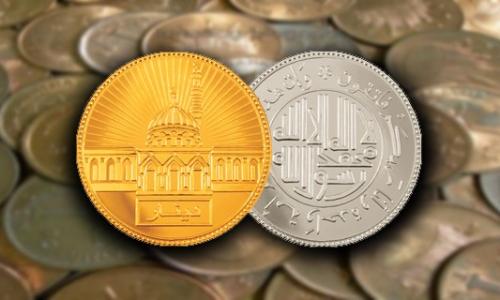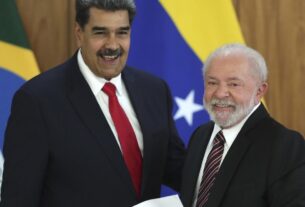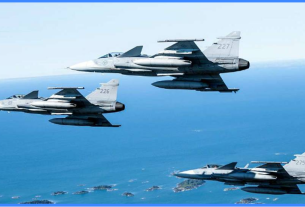By Dr. Suleiman Walhad
December 21st, 2022
The Horn of Africa States is a poor region at first glance. It is divided and each of its four SEED states seem to be breaking into ethnic enclaves that are moving in differing directions out of their own will or on the prodding of others beyond the region. The region is further marked by severe droughts and famines aggravated by civil conflicts among the component parts of each state. How would such a region ever dream of progress and development when its own citizens undermine each other, when no administration is allowed to carry out its agenda and is always busy on defending itself from portions of its own citizens? How would developmental projects ever be carried out when the leadership of each country is busy selling itself to others beyond the region cheaply? How could they ever work together, when they have no clue as to why they oppose each other and undermine each other? How would the region ever take advantage of the resources it owns in professional and organized and deliberate platforms?
What are the main component forces that push forward a rising region in the fields of social, economic and political worlds within and beyond the region in international fora? Any developmental process requires, at the base, peace and stability. It requires unity of ranks and abandoning the idea of individual state development projects and promoting collective developmental processes. The leadership of the region needs to speak with one voice and put forward united and integrated platforms for development. It is the only way the citizens of the region would listen and the world beyond the region would take them seriously.
Regional development would definitely require overcoming major challenges including financial resource mobilization within the region before seeking outside financing in the form of more debts or grants, which only lead to serving others and not the region. The financial resources of the region include substantial Islamic liquidities and funds currently scattered in the region or saved or invested outside the region. Such funds are all looking for investment opportunities within the region, and the will and intelligence of those who can take advantage of their availability. Such funds only need to be tapped through the creation and setting up of efficient and legally protected infrastructures. Money is generally considered to be cowardly. It always needs safe havens and Islamic financial resources in the region are no different. It would require a regional legal platform and infrastructure to operate.
This would require the central banks of the region to put their heads together and discuss and put forward a new reconstruct for the financial systems of the region. It would be important that the central bank authorities and policy makers in the region accelerate such processes as would enable them to mobilize domestic funds in the region including the available Islamic financial resources.
Current banking systems have major drawbacks. Most of them were created along the formats set during the colonial era, when banks and financial systems only served the colonial administrations and the few upper crest of the local societies. The general population of any African country till today have no access to any financial services, let alone choosing between traditional finance and Islamic finance and the Horn of Africa States is no different. Traditional banks and financial institutions were built to collect funds and deposit them outside the region in other countries, which helped create employment in those countries. They were not designed to take risks in the region and if they did, it was only marginal compared to the amounts siphoned outside. The other main activity of these banks were to finance imports and hence again siphon off a major portion of available funds in the system to meet the needs of those traders who import goods to undermine their own brethren who produce them locally.
Islamic funds in the region should be used to finance investments in the regional markets and so should the non-Islamic financings as well. Investment opportunities in agriculture, livestock, manufacturing, logistics designed and built in the region including transport vehicles, wagons and tools and equipment, fishing and the required hardware for such industry including boat-building and fishing gear, construction, clothing and textiles, leather industries including shoes, bags, clothes and other fashionwear or industrial usage, are all opportunities waiting for funds and the Islamic funds domestically available can cover a significant portion of the needs.
Most banks in the region operate as individual units as the regional leaders do. They do not work together and put their resources together to finance projects they cannot individually finance alone. They need to learn and implement the concept of banking syndicates where a number of banks can finance together one project, with one of them acting as the manger of the financing, for a fee, of course. A large part of the funds currently flowing out of the region would stay and participate in the development of the region and hence assist employment of the youth dying in migration processes across the globe.
Once a general infrastructure is legally put in place, many of the region’s population that are not involved in the financial services industry would join it and hence enlarge the resource pie. This would improve opportunities of investments in the region, and we do not see why the region should be deprived of those funds that could be available to it.
In the Horn of Africa States, we say that he who does not seize an opportunity today, will not be able to seize tomorrow’s. These funds are available today and the region should take advantage of them instead of siphoning them off to other parts of the globe.
Dr. Suleiman Walhad writes on the Horn of Africa economies and politics. He can be reached at [email protected]



